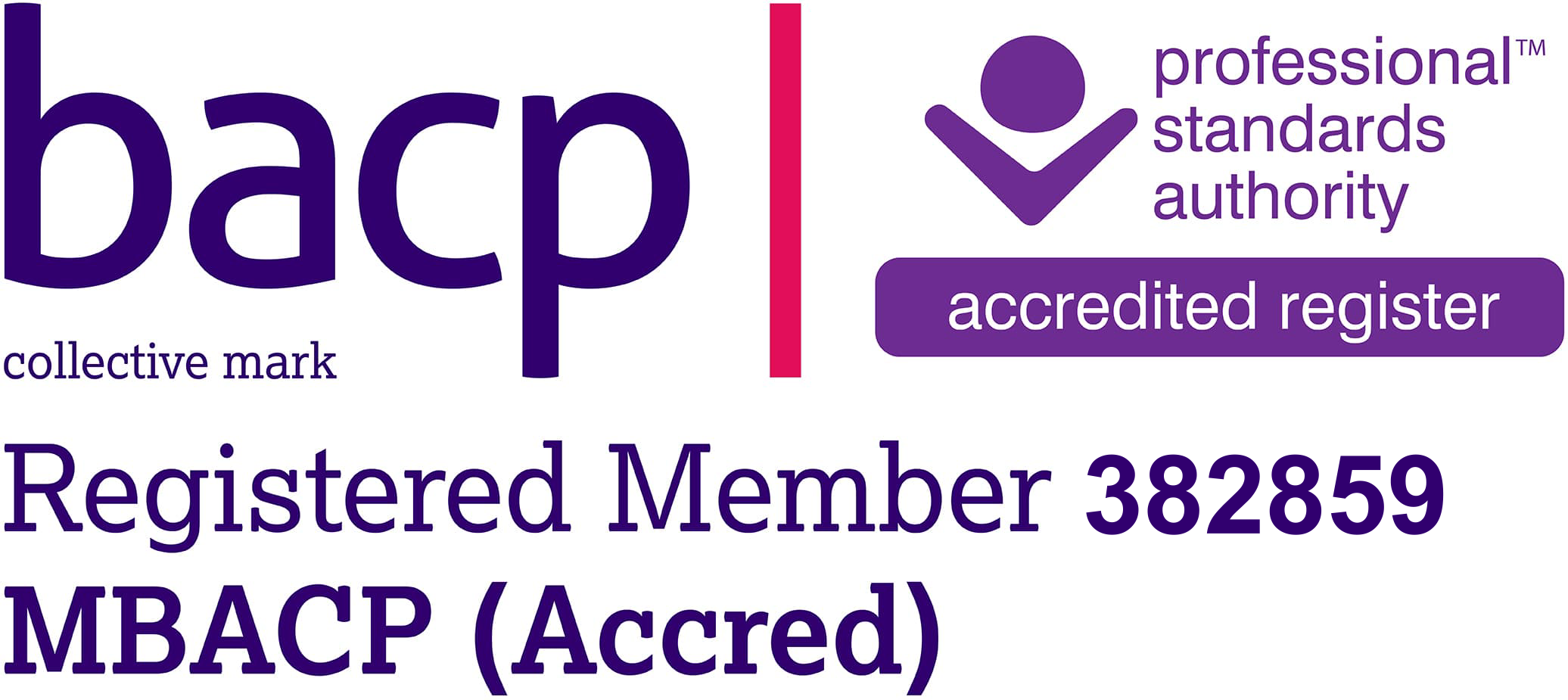Will it be confidential?
I am committed to maintaining confidentiality, and work in accordance with the guidance set out by the BACP and ICO regarding confidentiality and data protection.
It is very important to me to maintain confidentiality so that you feel safe to talk openly. There are some exceptional circumstances under which I would need to break confidentiality, but I would talk to you about this first wherever possible:
- If I think you are in danger of harming yourself or another person then I might need to inform other support services.
- If you tell me that you are involved in serious crime then I have a legal obligation to inform the authorities.
- I am in regular supervision which means that I discuss my work with a trained clinical supervisor who also works within the same ethical framework, however your details will be completely anonymised.
Will you give me advice?
No, I won’t give you advice or offer solutions because they may not be right for you. Instead I will help you to explore your options so that you can make your own choices. By creating a safe, confidential space for you to look at your experiences and feelings I can help you to gain greater insight into why you feel the way you do, what is important to you, and how you would like to move forward.
How many sessions will I need?
It depends on what you want to work on and what feels right for you. Around 12 to 18 sessions is often enough to work on a specific issue, but sometimes longer term counselling is helpful for more complex or long-standing issues. I usually suggest to clients that we start with 6 sessions and review it together after that. We can discuss this at your initial consultation session.
How often will I need to come for counselling?
Sessions are weekly, on the same day and time each week, and this is important for building a good relationship in which you feel safe to talk about difficult things. Weekly sessions also help to keep themes and learning fresh in your mind, and enable you to work more on the deeper issues that have brought you to counselling by reducing the time spent catching up on the things that have happened between sessions.
When will I start to feel better?
Many people find it is a huge relief to talk openly to someone about their concerns, which they may never have been able to do before. Usually clients find that some sessions are more difficult than others as painful feelings are uncovered and explored, and this is quite normal and is an important part of the healing process.
What if I’m unhappy with my counselling?
I will regularly invite you to tell me how you are finding your sessions with me, and to let me know what you are finding helpful and unhelpful. I will aim to create a safe environment and foster an open and trusting relationship between us, so that you feel able to raise any concerns with me directly. However, if you would like to seek advice the BACP provides confidential guidance and information on what to do if you have any concerns about your therapy or your therapist, click here to visit the BACP Get help with counselling concerns page.
Further Information
The BACP website has lots of information about having counselling, please click here to visit their About Therapy page.


